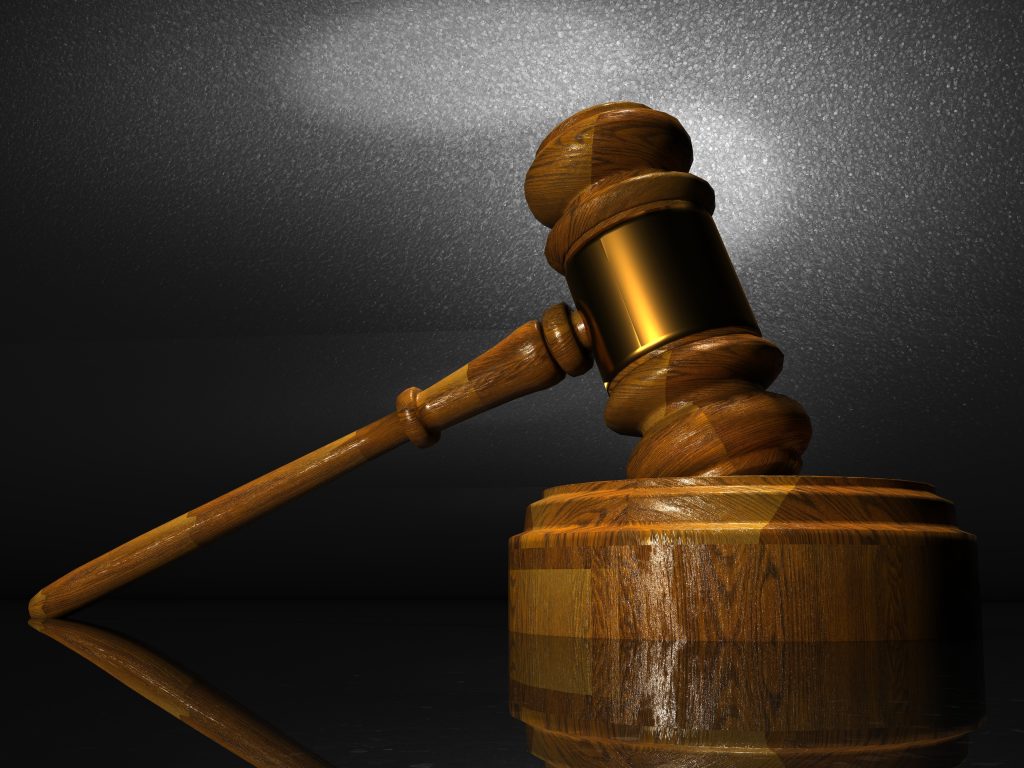 Most lawsuits begin with a petition that lays out the facts and basis for a claim. These facts are pertinent to the survival of each claim and defense. Many pretrial hearings and motions are based on what is pleaded in the petition. The face of each pleading can determine the case’s outcome from the beginning.
Most lawsuits begin with a petition that lays out the facts and basis for a claim. These facts are pertinent to the survival of each claim and defense. Many pretrial hearings and motions are based on what is pleaded in the petition. The face of each pleading can determine the case’s outcome from the beginning.
To attack the petition to have a lawsuit thrown out of court, attorneys will file motions alleging various exceptions. These exceptions can be based on different issues surrounding the case, such as a prescription or peremption exception. When arguing those exceptions, the attorney must be conscientious to “admit” all the evidence into the record that bolsters their position. The following lawsuit out of Ascension Parish, Louisiana, shows how important it is to properly admit evidence into the record when arguing in Court and what can happen when an attorney forgets to “offer and introduce” evidence filed with a motion.
William and Rosa Cambre owned a building they leased to Premier Performance Marine, L.L.C (Premier). Premier had the building insured by an Atain Specialty Insurance Company (Atain) policy. Therefore, when a storm severely damaged the building, Attain paid Premier under the insurance policy.
 Louisiana Personal Injury Lawyer Blog
Louisiana Personal Injury Lawyer Blog


 When a case ends at the trial court level, the judge signs a physical order document laying out the court’s decisions. This physical order document is called a final judgment; every case will only have one final judgment. Final judgments cannot be amended easily by either the trial court or the parties. The only permissible amendments are those that fix basic errors, such as spelling or arithmetic; all other modifications or changes should be brought up on appeal or in a motion for a new trial.
When a case ends at the trial court level, the judge signs a physical order document laying out the court’s decisions. This physical order document is called a final judgment; every case will only have one final judgment. Final judgments cannot be amended easily by either the trial court or the parties. The only permissible amendments are those that fix basic errors, such as spelling or arithmetic; all other modifications or changes should be brought up on appeal or in a motion for a new trial. 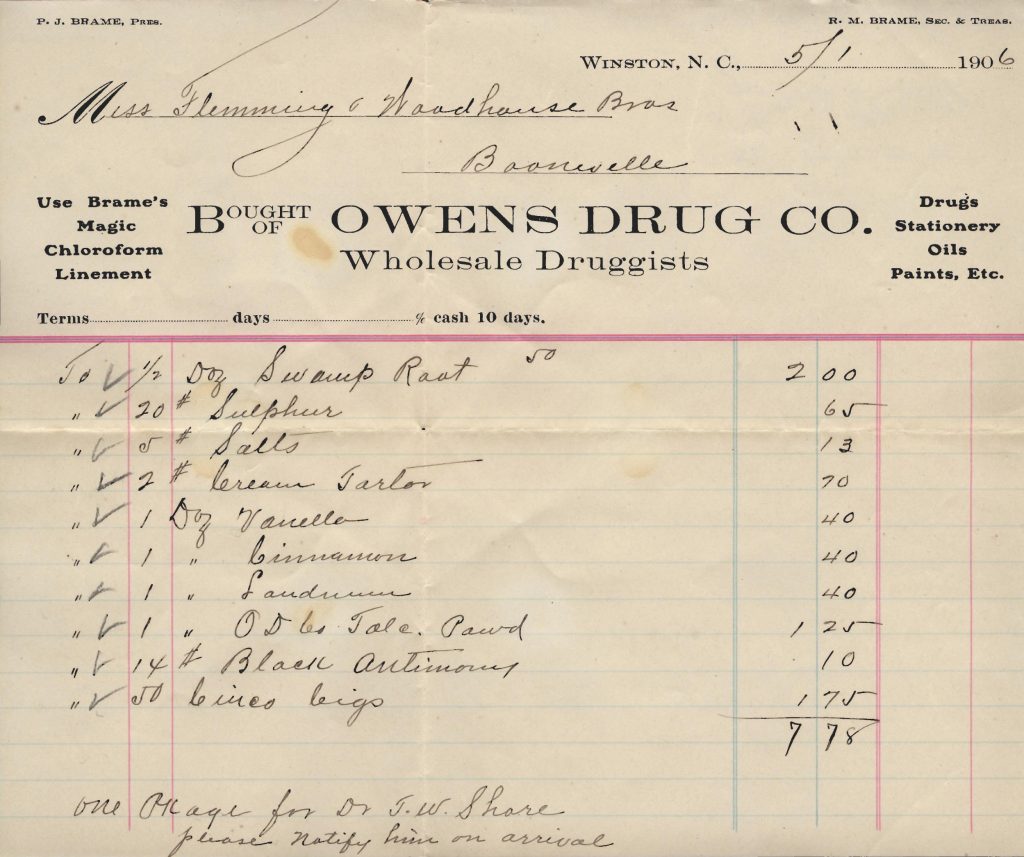 The legal system is complicated, with many “dos-and don’ts.” Whether or not you can have your case heard in court first requires following the rules guiding the sufficiency of your claim. If your complaint fails to show that you have a right to bring the case against your defendant, your case might be dismissed. But how strictly interpreted is this rule? What does it look like when a cause of action is sufficient to be heard or ripe for dismissal?
The legal system is complicated, with many “dos-and don’ts.” Whether or not you can have your case heard in court first requires following the rules guiding the sufficiency of your claim. If your complaint fails to show that you have a right to bring the case against your defendant, your case might be dismissed. But how strictly interpreted is this rule? What does it look like when a cause of action is sufficient to be heard or ripe for dismissal? In the United States, parents are often deemed responsible for the criminal conduct of their minor child. But the rules guiding this concept could be more precise and are subject to much controversy. How do we decide when that duty exists and when it ends? A Louisiana court answers the question, does parental liability extend over adult children in Louisiana?
In the United States, parents are often deemed responsible for the criminal conduct of their minor child. But the rules guiding this concept could be more precise and are subject to much controversy. How do we decide when that duty exists and when it ends? A Louisiana court answers the question, does parental liability extend over adult children in Louisiana?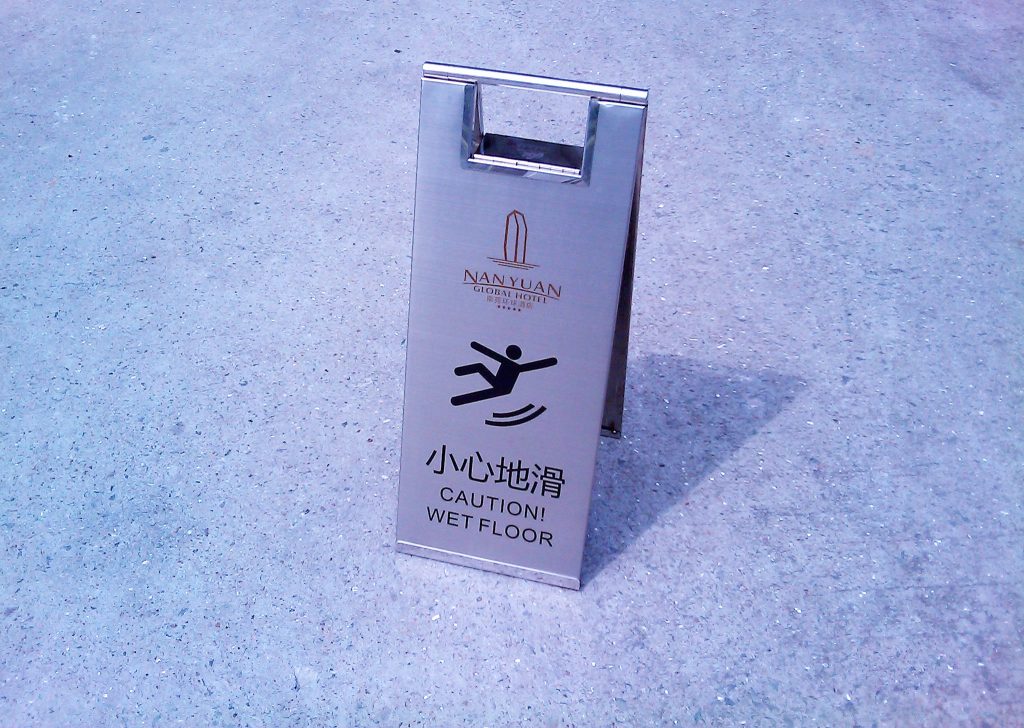 Slip and fall claims are among the most common types of personal injury lawsuits. But how do you ensure that your claim makes it through the legal process? A dismissed case against a Metairie restaurant can show you what mistakes to avoid in setting up your slip-and-fall claim for success.
Slip and fall claims are among the most common types of personal injury lawsuits. But how do you ensure that your claim makes it through the legal process? A dismissed case against a Metairie restaurant can show you what mistakes to avoid in setting up your slip-and-fall claim for success. 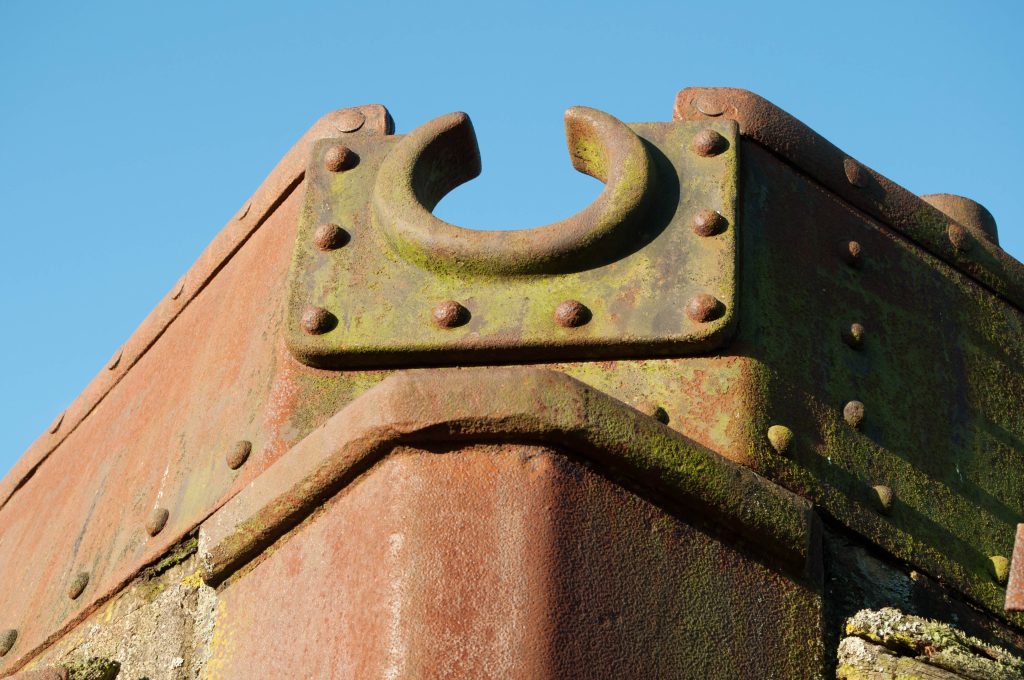 Medical conditions can be a sensitive topic for both employers and employees. While employers are extremely cautious in not asking discriminatory questions, the employees may still be reluctant and afraid to lay all cards on the table. Understandably, workers who suffer from pre-existing medical conditions feel that they don’t need to inform their employers as long as the illnesses are not getting in the way of work. But should they? A recent case from Lousiana Fourth Circuit illuminates the legal consequences where the employee lied on the medical forms and later requested worker’s compensation.
Medical conditions can be a sensitive topic for both employers and employees. While employers are extremely cautious in not asking discriminatory questions, the employees may still be reluctant and afraid to lay all cards on the table. Understandably, workers who suffer from pre-existing medical conditions feel that they don’t need to inform their employers as long as the illnesses are not getting in the way of work. But should they? A recent case from Lousiana Fourth Circuit illuminates the legal consequences where the employee lied on the medical forms and later requested worker’s compensation.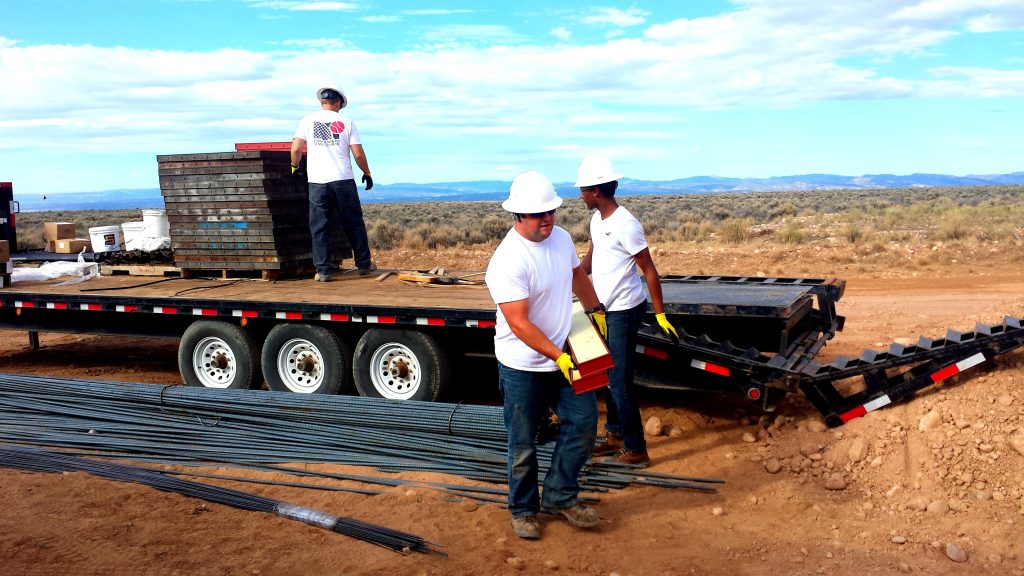 It can be a long road to recovery from a work-related injury. If you or a loved one suffered an injury on the job, it is crucial to understand the workers’ compensation system to comply with all the requirements to receive any compensation to which you are entitled.
It can be a long road to recovery from a work-related injury. If you or a loved one suffered an injury on the job, it is crucial to understand the workers’ compensation system to comply with all the requirements to receive any compensation to which you are entitled. 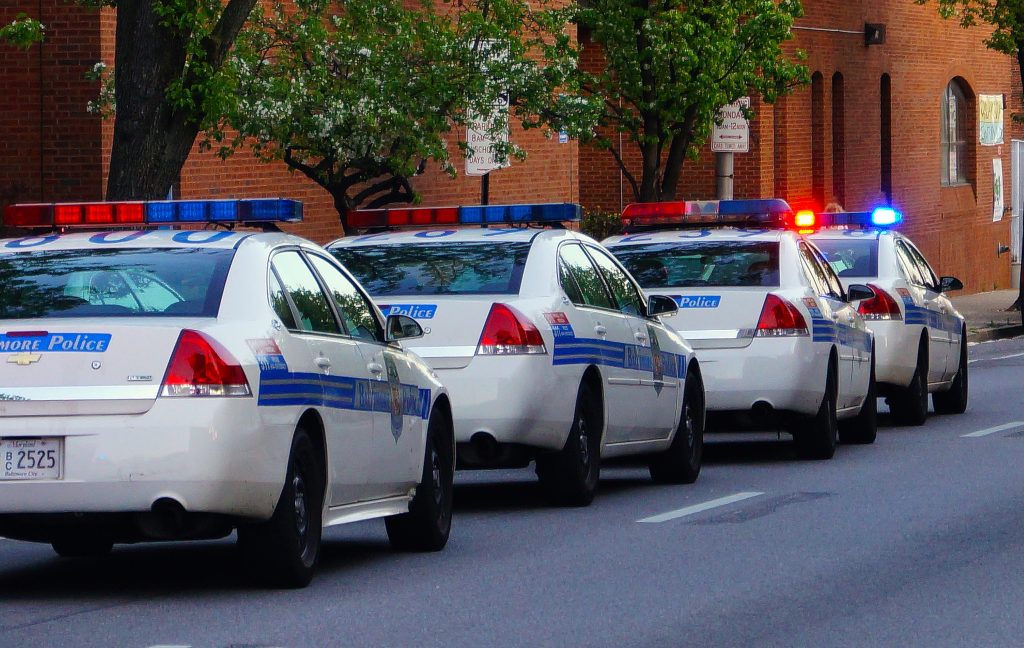 Despite stringent rules and regulations designed to keep unlicensed drivers off the road, minors often find their way behind the wheel. Police in Gonzales, Louisiana, were forced to reckon with the seriousness of such a driver when a high-speed police chase on Interstate 10 turned deadly in May of 2004. The outcome of this chase became the subject of a lawsuit left unsettled until 2017—a case which pondered: to what standard should police be held when engaged in an active car chase?
Despite stringent rules and regulations designed to keep unlicensed drivers off the road, minors often find their way behind the wheel. Police in Gonzales, Louisiana, were forced to reckon with the seriousness of such a driver when a high-speed police chase on Interstate 10 turned deadly in May of 2004. The outcome of this chase became the subject of a lawsuit left unsettled until 2017—a case which pondered: to what standard should police be held when engaged in an active car chase?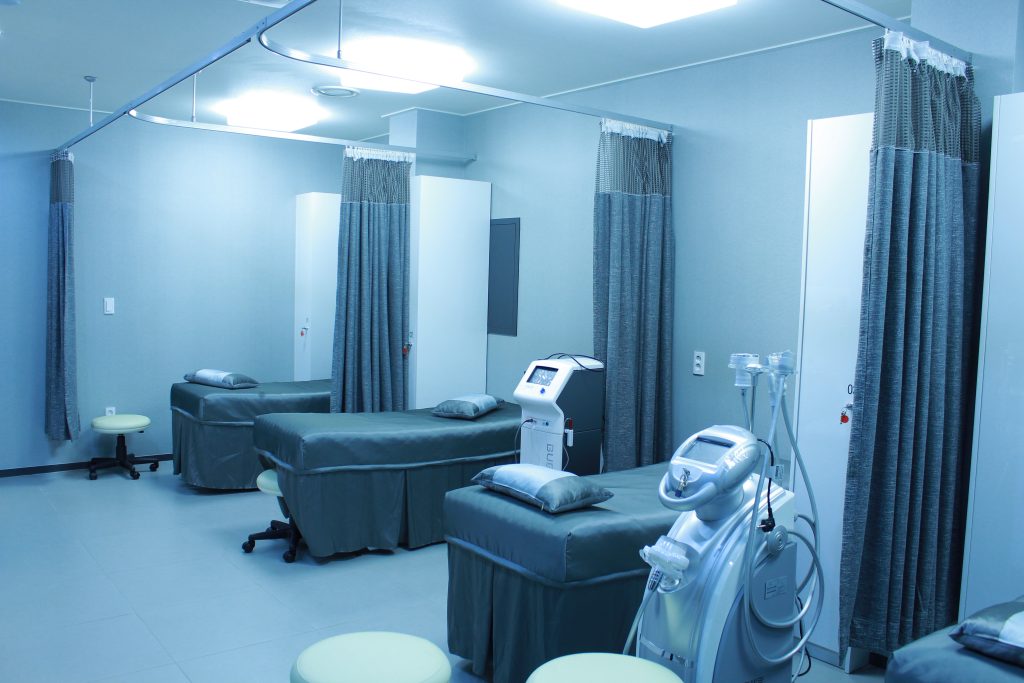 Sickness often begets a doctor’s visit, and sometimes severe illness calls for a trip to the emergency room. So when parents, David Pitts, Jr. and Kenyetta Gurley, arrived at Hood Memorial Hospital in Amite City, Louisiana, with their daughter, Lyric, it’s likely neither expected to leave there without their daughter’s health restored.
Sickness often begets a doctor’s visit, and sometimes severe illness calls for a trip to the emergency room. So when parents, David Pitts, Jr. and Kenyetta Gurley, arrived at Hood Memorial Hospital in Amite City, Louisiana, with their daughter, Lyric, it’s likely neither expected to leave there without their daughter’s health restored.